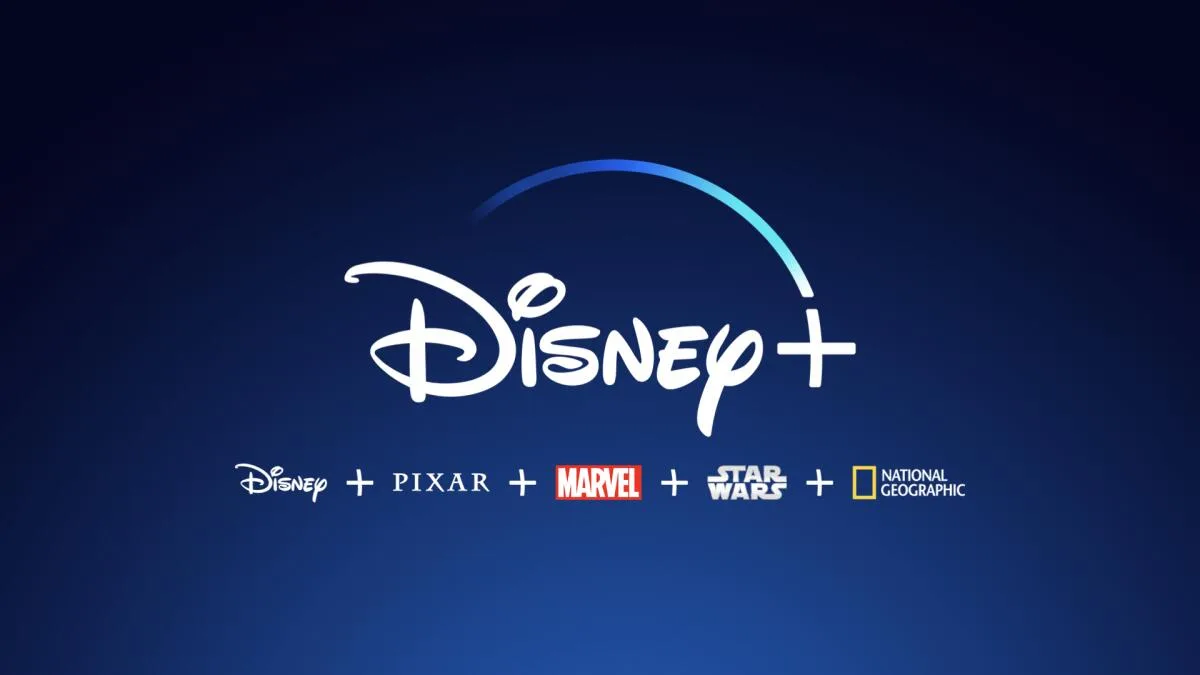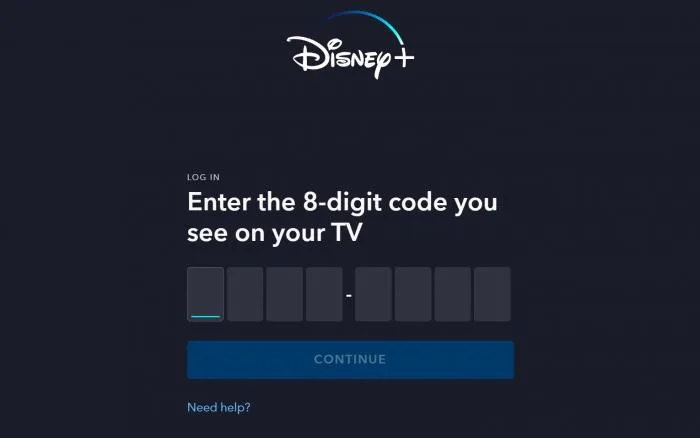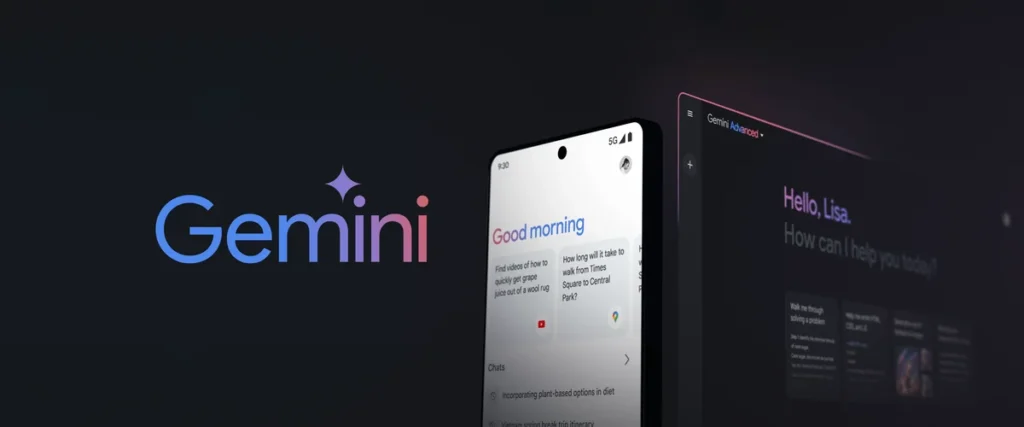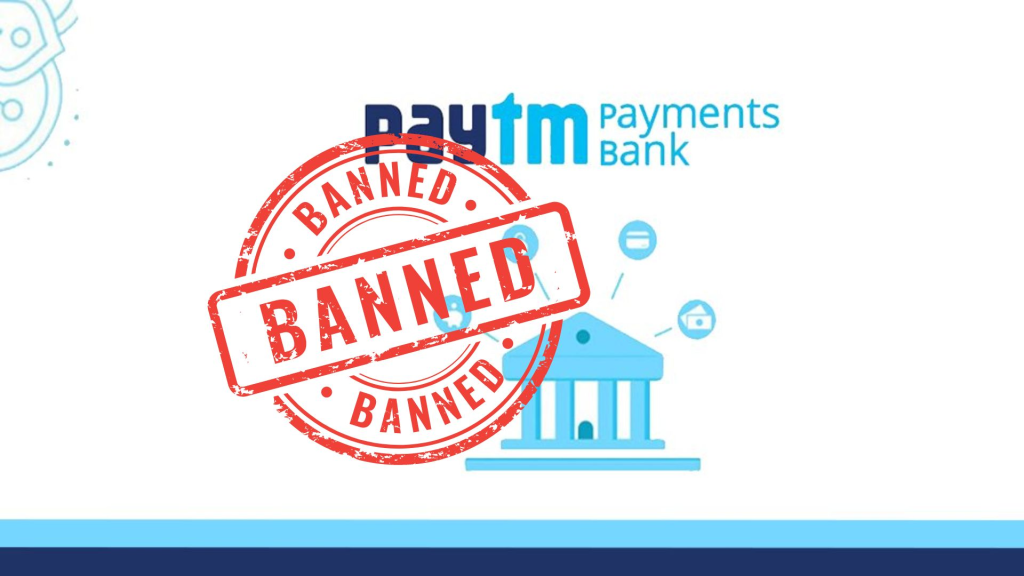Disney+, the adored streaming behemoth that has provided us with endless hours of Marvel, Star Wars, and Pixar joy, has revealed big changes that will alter how we utilize the service. Disney+ will actively start to tighten down on password sharing, which has grown common among friends and family, starting in June 2024. This action might have a significant impact on how millions of customers get their favorite material on streaming services, signaling a fundamental shift in the industry.

Why the Change in Disney+?
Disney made the decision to prohibit password sharing because it wanted to increase subscriber growth and, eventually, revenue. Disney+, like many other streaming services, has struggled to keep up a consistent growth in its user base. Although password sharing may appear innocuous to users, it costs the business a substantial amount of lost income. Missed revenue results from every household that has a single Disney+ account rather than purchasing separate subscriptions.
Disney is hoping to turn these homes into paying subscribers by restricting password sharing. This approach is in line with similar actions taken by other streaming behemoths, such as Netflix, which has already experienced benefits from its own limitations on password sharing.

How Will it Work?
Disney hasn’t disclosed all the specifics of its crackdown on password sharing, but we can infer a lot from the way other streaming providers have handled comparable situations. What to anticipate is probably as follows:
- IP Address and Device Monitoring: Disney+ most certainly keeps track of the devices and IP addresses linked to your account. They may raise red lights if they notice a higher-than-expected number of devices or frequent logins from radically diverse locales.
- Verification Requests: Periodically, you may get prompts to confirm your account, like a code given to your phone number or email address. This makes it easier to guarantee that people who are authorized are using your account.
- Warnings and Potential Restrictions: Disney+ may first give warnings if they believe you are sharing your password. If you keep sharing, you might have to switch to a more expensive plan that supports multiple streams or perhaps have your account temporarily suspended.
How Does This Affect Users?
Depending on how you already use Disney+, the restrictions on sharing passwords will have different effects.
- Sharing Within Your Household: There probably won’t be any big changes if you only share your Disney+ login with others who reside in the same house.
- Sharing with Friends and Family: People who share their account with friends or relatives who live abroad will have to choose. Possible choices consist of:
- Each household gets its own subscription: For Disney, this is the best-case situation, but it can be more costly for people who are used to splitting expenses.
- Higher-Tier Plans: At a premium fee, Disney+ may provide plans that permit a restricted number of concurrent streams. This could still be less expensive than several separate subscriptions, though.
- Travelers and Students: If you use Disney+ regularly across many devices and locations—for example, while traveling or attending college—you may periodically get prompts to verify that you are the authorized account holder.
Mixed Reactions
Reactions to the news of Disney+’s restrictions on password sharing have, predictably, been mixed. Certain users are aware of the company’s business plan and are willing to modify their subscriptions as necessary. Others believe the service’s value is diminished by the additional expenses and possible inconveniences, which irritates them.
Social media has become a hub for these discussions, with many users expressing their disappointment and considering alternative streaming options.
The Future of Streaming
Disney+’s decision reflects a wider trend in the streaming market. The emphasis is moving toward income generation and sustained development as streaming platforms get older and the competition heats up. Perhaps the days of freely sharing passwords on a large scale are drawing to an end. Now, in order to satisfy investors and finance the production of fresh, high-caliber content, services that previously chose to ignore the practice are compelled to put profitability first.
Disclaimer: Information provided is based on publicly available sources and user experiences.
if you have any issue with this Article – Click Here.




